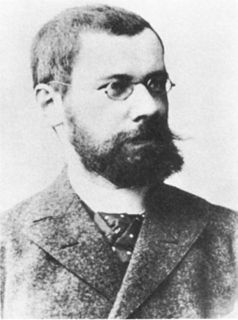Matthias Gelzer (19 December 1886, Liestal – 23 July 1974, Frankfurt am Main) was a Swiss-German classical historian, known for his studies of the Roman Republic in regard to its politics and society. He was the author of highly regarded biographies on Julius Caesar, Pompey and Cicero.

Liestal is the capital of Liestal District and the canton of Basel-Landschaft in Switzerland, 17 km (11 mi) south of Basel.

The Roman Republic was the era of classical Roman civilization beginning with the overthrow of the Roman Kingdom, traditionally dated to 509 BC, and ending in 27 BC with the establishment of the Roman Empire. It was during this period that Rome's control expanded from the city's immediate surroundings to hegemony over the entire Mediterranean world.

Gaius Julius Caesar, known by his nomen and cognomen Julius Caesar, was a Roman politician, military general, and historian who played a critical role in the events that led to the demise of the Roman Republic and the rise of the Roman Empire. He also wrote Latin prose.
He studied history and classical philology at the universities of Basel and Leipzig, where in 1909 he received his doctorate as a student of Ulrich Wilcken. In 1912 he obtained his habilitation at the University of Freiburg with a thesis on the nobility of the Roman Republic. In 1915 he became a professor of ancient history at the University of Greifswald, and in 1918 relocated as a professor to the University of Strasbourg. From 1919 to 1955 he was a professor of ancient history at the University of Frankfurt am Main, [1] where he served as its rector in 1924/25. [2]

The University of Basel is located in Basel, Switzerland. Founded on 4 April 1460, it is Switzerland's oldest university and among the world's oldest surviving universities. The university is traditionally counted among the leading institutions of higher learning in the country.
Ulrich Wilcken was a German historian and papyrologist who was a native of Stettin.
Habilitation defines the qualification to conduct self-contained university teaching and is the key for access to a professorship in many European countries. Despite all changes implemented in the European higher education systems during the Bologna Process, it is the highest qualification level issued through the process of a university examination and remains a core concept of scientific careers in these countries.






